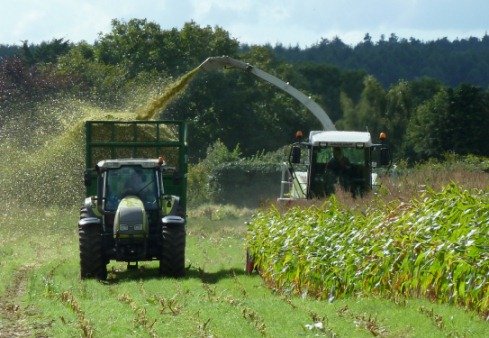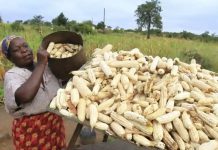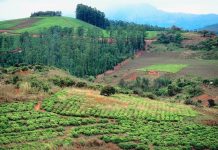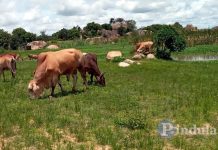Zimbabwean farmers have been reluctant to embrace crop insurance and are in the habit of seeking government funding each time there are natural disasters, an analyst has said.
Tinashe Kaduwo, an economist at Econometer Global Capital said year after year local farmers have complained that there is no adequate government funding especially during times of adverse weather conditions.
“Year after year farmers can be heard pleading for more government funding and relief, especially when adverse weather devastates their crops,” he said.
“Following the past EL Nino weather conditions in the country, farmers could be seen standing in sun burnt crops. One farmer in particular stated that they (farmers) had been thrown into difficulties every time droughts and other horrible weather conditions occur, yet there has been no plan to protect farmers from these risks at government level.”
Crop insurance is a risk management tool that protects farmers in times of low production so that they are able to meet their financial obligations and safeguard the agricultural section.
Kaduwo said Zimbabwe’s government has over the years been supporting agriculture through provision of inputs and various subsidies, but paying little attention to crop insurance.
He said the country is lagging behind in terms of agricultural insurance while the Insurance and Pensions Commission targets an overall insurance penetration rate of seven percent by 2022, up from the current 4,1 percent.
Players in the insurance sector earlier indicated that the uptake of agriculture insurance nose-dived soon after the fast-track land reform programme, as new farmers took up insurance on an irregular basis.
They noted that there is low uptake of agricultural insurance.
Government undertook the fast-track reform programme in 2000, where land was taken from white farmers and distributed to landless blacks






